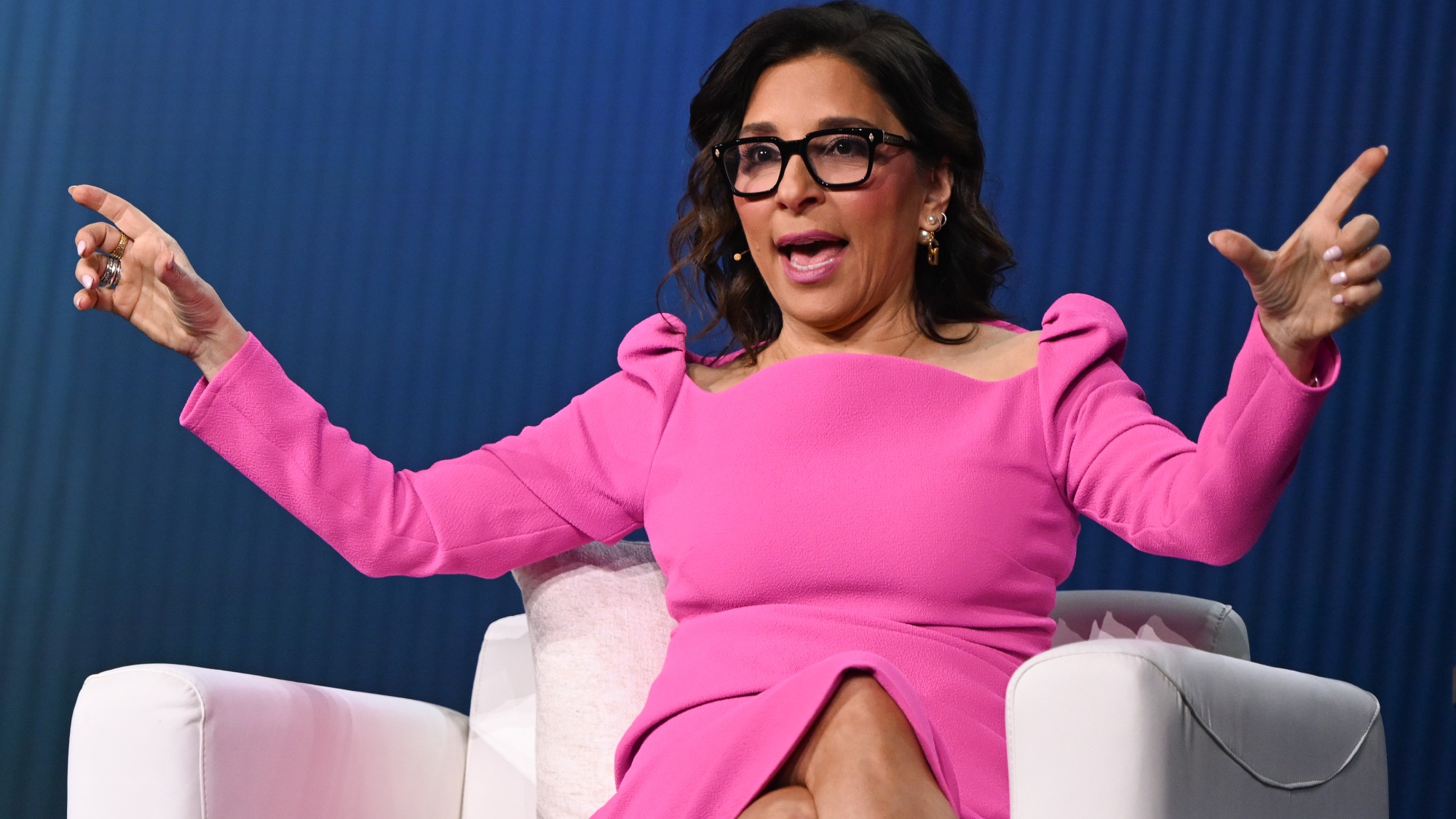Facebook and Twitter face new taxes in online abuse crackdown
‘Unacceptable behaviour’ has ‘caused undeniable suffering’ for social media users, says minister

A free daily email with the biggest news stories of the day – and the best features from TheWeek.com
You are now subscribed
Your newsletter sign-up was successful
Facebook and Twitter may be hit with new taxes as part of a new government scheme to crack down on online abuse.
Under the plan, drawn up by Culture Secretary Karen Bradley, social media websites and internet service providers (ISPs) would be asked to pay for measures to combat and raise awareness about dangers such as cyberbullying, trolling and underage access to pornography.
“The internet has been an amazing force for good,” says Bradley in the proposals, released today, “but it has caused undeniable suffering and can be an especially harmful place for children and vulnerable people.”
The Week
Escape your echo chamber. Get the facts behind the news, plus analysis from multiple perspectives.

Sign up for The Week's Free Newsletters
From our morning news briefing to a weekly Good News Newsletter, get the best of The Week delivered directly to your inbox.
From our morning news briefing to a weekly Good News Newsletter, get the best of The Week delivered directly to your inbox.
She adds: “Behaviour that is unacceptable in real life is unacceptable on a computer screen. We need an approach to the internet that protects everyone without restricting growth and innovation in the digital economy.”
Other proposals include a new voluntary social media “code of practice” on removing bullying, intimidating or humiliating online content as quickly as possible, reports The Independent.
“Social media companies are marking their own homework when it comes to keeping children safe,” an NSPCC spokesperson told the BBC News website, “so a code of practice is definitely a step in the right direction, but how it is implemented will be crucial.”
“Young people face a unique set of risks when using the internet,” the spokesperson added, “and it is important any strategy recognises the challenges they face online and requires industry to act to protect them.”
A free daily email with the biggest news stories of the day – and the best features from TheWeek.com
According to the Government, almost a fifth of 12- to 15-year-olds have found content on social media that they “found worrying or nasty in some way”.
Almost two-thirds of 13- to 17-year-olds are reported to have seen videos or images that are “offensive to a particular group”, while “nearly half of adult users also say they have seen something that has upset or offended them on social media”.
-
 Switzerland could vote to cap its population
Switzerland could vote to cap its populationUnder the Radar Swiss People’s Party proposes referendum on radical anti-immigration measure to limit residents to 10 million
-
 Political cartoons for February 15
Political cartoons for February 15Cartoons Sunday's political cartoons include political ventriloquism, Europe in the middle, and more
-
 The broken water companies failing England and Wales
The broken water companies failing England and WalesExplainer With rising bills, deteriorating river health and a lack of investment, regulators face an uphill battle to stabilise the industry
-
 Is social media over?
Is social media over?Today’s Big Question We may look back on 2025 as the moment social media jumped the shark
-
 X update unveils foreign MAGA boosters
X update unveils foreign MAGA boostersSpeed Read The accounts were located in Russia and Nigeria, among other countries
-
 What's Linda Yaccarino's legacy? And what's next for X?
What's Linda Yaccarino's legacy? And what's next for X?Today's Big Question An 'uncertain future' in the age of TikTok
-
 X CEO Yaccarino quits after two years
X CEO Yaccarino quits after two yearsSpeed Read Elon Musk hired Linda Yaccarino to run X in 2023
-
 Musk chatbot Grok praises Hitler on X
Musk chatbot Grok praises Hitler on XSpeed Read Grok made antisemitic comments and referred to itself as 'MechaHitler'
-
 Social media: How 'content' replaced friendship
Social media: How 'content' replaced friendshipFeature Facebook has shifted from connecting with friends to competing with entertainment companies
-
 Meta on trial: What will become of Mark Zuckerberg's social media empire?
Meta on trial: What will become of Mark Zuckerberg's social media empire?Today's Big Question Despite the CEO's attempt to ingratiate himself with Trump, Meta is on trial, accused by the U.S. government of breaking antitrust law
-
 What does an ex-executive's new memoir reveal about Meta's free speech pivot?
What does an ex-executive's new memoir reveal about Meta's free speech pivot?Today's Big Question 'Careless People' says Facebook was ready to do China censorship